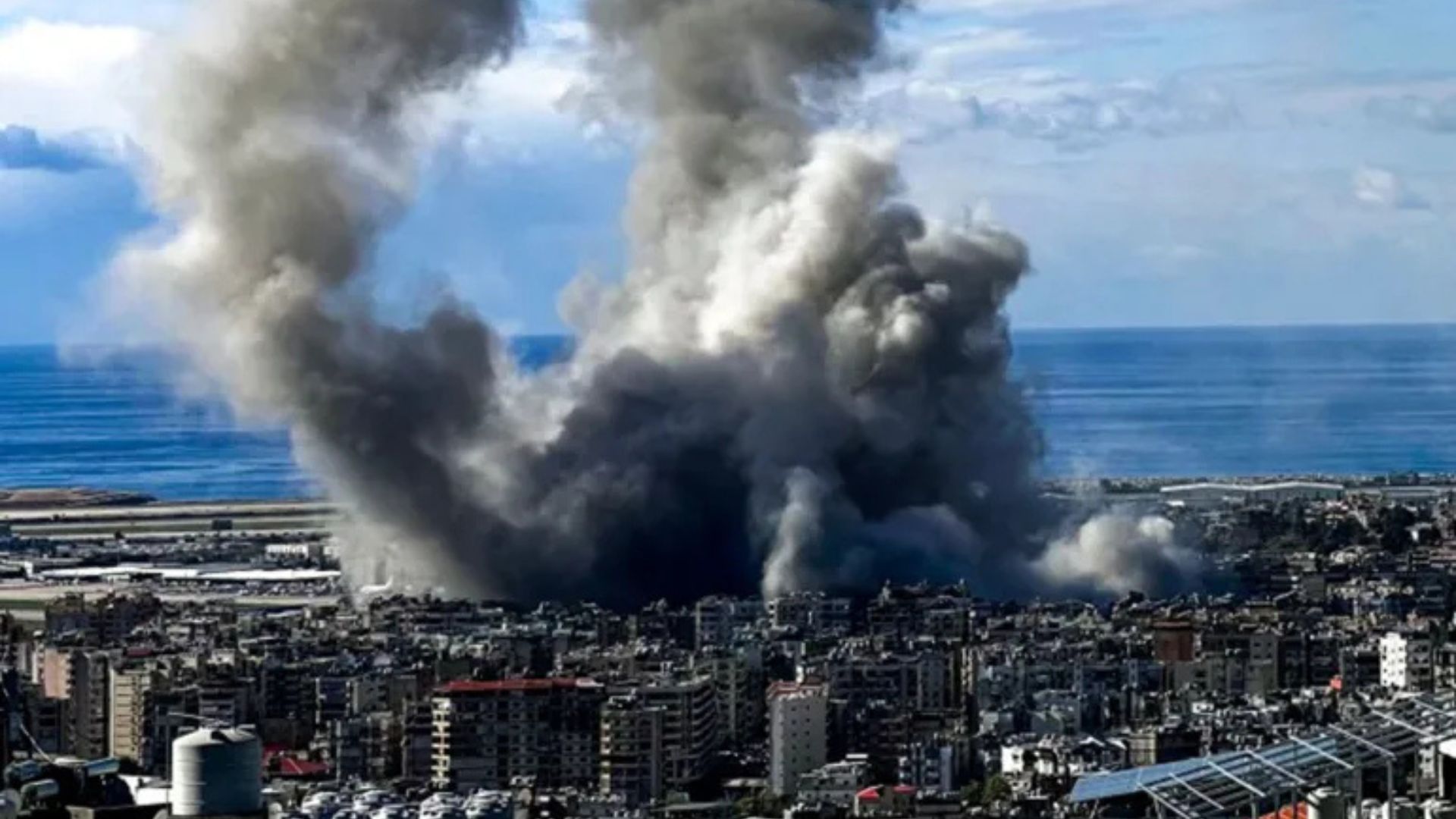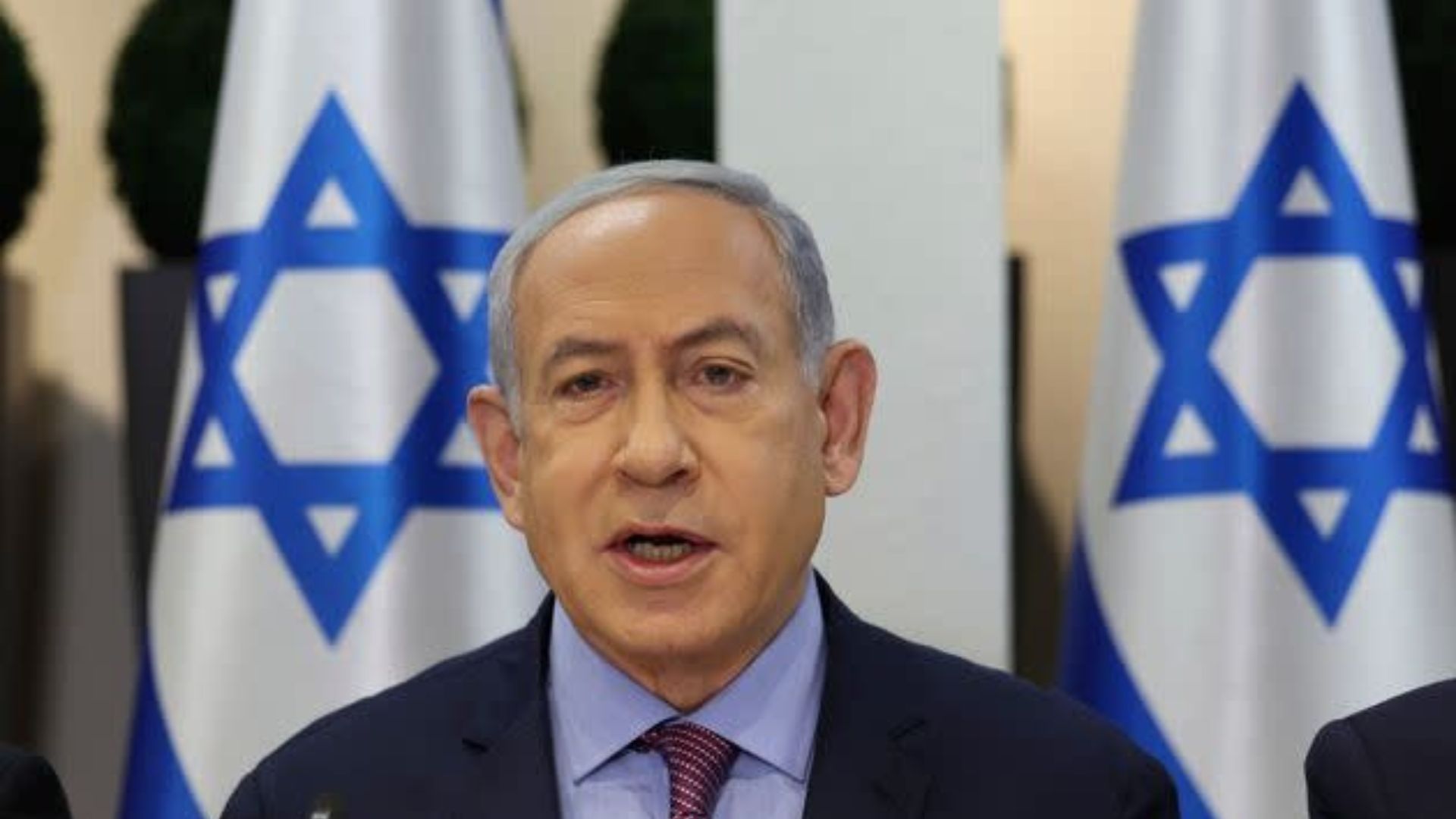A truce negotiated by the United States and France between Israel and Hezbollah came into effect on Wednesday, marking a diplomatic reversal after almost a year of warfare heightened by the Gaza war.
In addition to announcing intentions to deploy troops to southern Lebanon to help enforce the truce, Lebanon's army urged residents of border villages to wait for the Israeli military to withdraw before returning home.
The agreement seeks to stop a bloody conflict along the Israeli-Lebanese border that has claimed thousands of lives and is viewed as a significant win for U.S. diplomacy under President Joe Biden.
Gunfire could be heard around Beirut shortly after the ceasefire began at 0200 GMT. Although its exact aim was unknown, some thought it might be a celebration, while others surmised that it was a warning to people who had not received previous evacuation alerts.
Families in southern Lebanon showed cautious hope despite widespread destruction as they loaded up cars with personal goods and traveled south via Tyre, a city that was heavily bombed in the final days of the war.
Due to the destruction of numerous homes and villages, returning locals confront difficulties. However, many relocated families are now considering returning due to financial pressures from alternative home rentals.

Hussam Arrout, a native of Mays al-Jabal and displaced from the southern suburbs of Beirut, said he longed to go back to his ancestral home but would hold off until the Lebanese army gave its approval.
Speaking about the ceasefire, President Biden said that Hezbollah and other such organizations would no longer be permitted to pose a danger to Israel's security and that it was intended to be permanent.
In order to stop Hezbollah from reestablishing its presence, the Lebanese army will seize control of the southern area while Israel will progressively remove its forces over a period of 60 days.
Biden assured civilians on both sides they would soon be able to return to their communities safely, reflecting the accord's humanitarian aims.
While Hezbollah has not formally commented, senior official Hassan Fadlallah indicated the group supports Lebanon's extended state authority and believes it has emerged stronger from the conflict.
Iran, a key backer of Hezbollah, praised the truce because it aligns with its broader regional strategy. French President Emmanuel Macron praised the agreement, saying it was the result of months of concerted cooperation with both nations.
Caretaker Prime Minister Najib Mikati and Lebanese Foreign Minister Abdallah Bou Habib both welcomed the deal and reaffirmed their intention to station 5,000 troops in southern Lebanon when Israeli forces go.
The ceasefire was approved by Israeli Prime Minister Benjamin Netanyahu, who also emphasized Israel's continued military flexibility and threatened to respond forcefully to any Hezbollah violations.

Netanyahu explained that the ceasefire enables Israel to recuperate and isolate Hamas, the group that started the regional conflict last year, while focussing on more general dangers, like Iran.
Netanyahu declared victory, saying Hezbollah was severely degraded, its leaders attacked, missile caches destroyed, fighters eliminated, and terror infrastructure near Israel’s border destroyed.
Plans for a U.S.-France-UNIFIL system to cooperate with the Lebanese army and discourage violations were disclosed by a senior U.S. official. However, the deployment of U.S. combat forces would be avoided.
At least 18 people were killed by Israeli airstrikes that grew more intense in the closing hours before the ceasefire, striking locations in Beirut and around Lebanon, according to local health authorities.
The Israeli military said it had attacked Hezbollah's financial facilities, including a money-exchange office, as part of its campaign to undermine the group's operational capabilities.
Despite the cessation of hostilities, there are still worries about the unstable situation because displaced families face the uncertainty of returning to areas that have been seriously damaged or are under dispute.
As a preliminary but encouraging step toward stability, international parties have highlighted the ceasefire agreement's potential for regional cooperation and long-term peace.





























